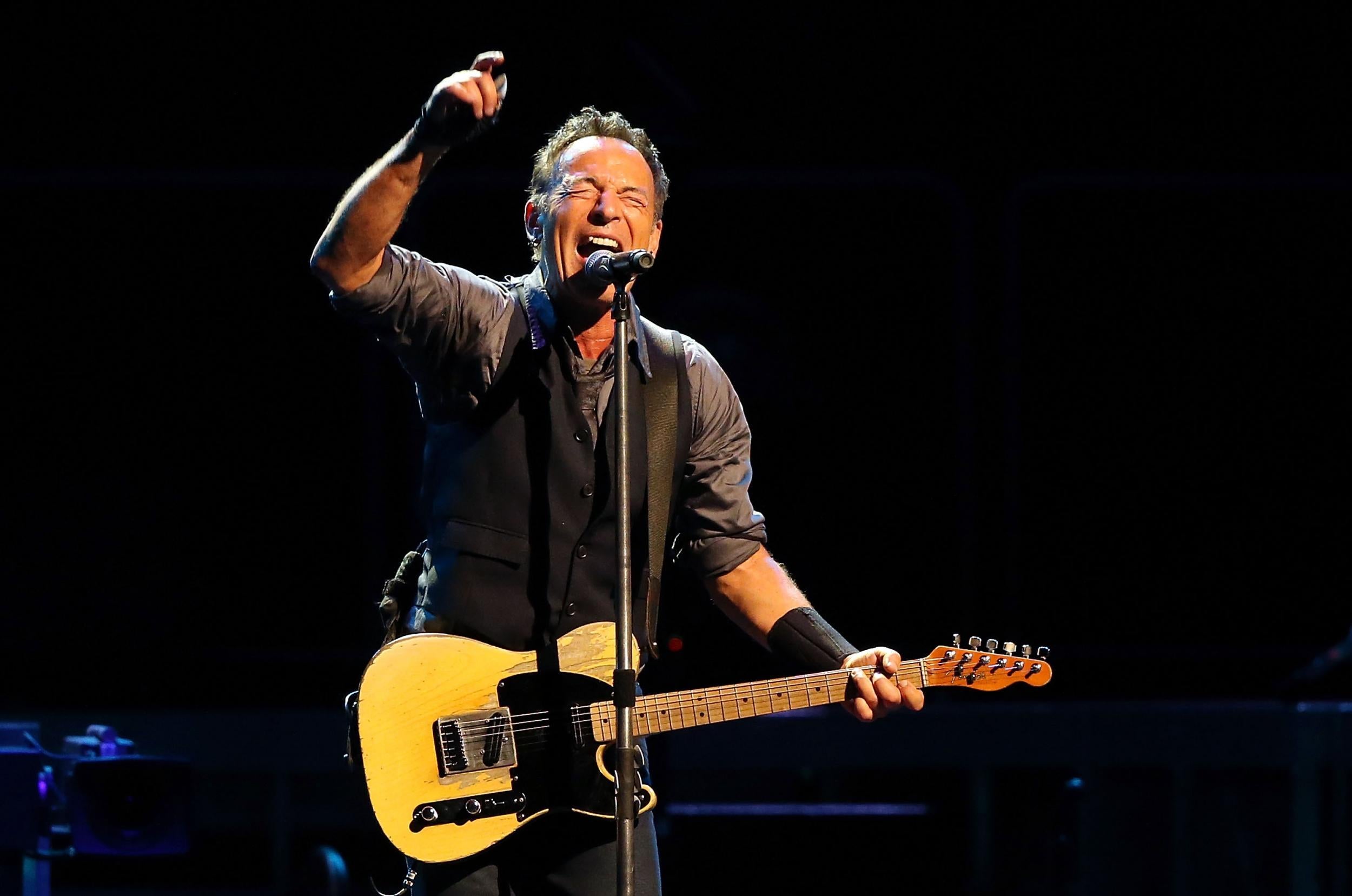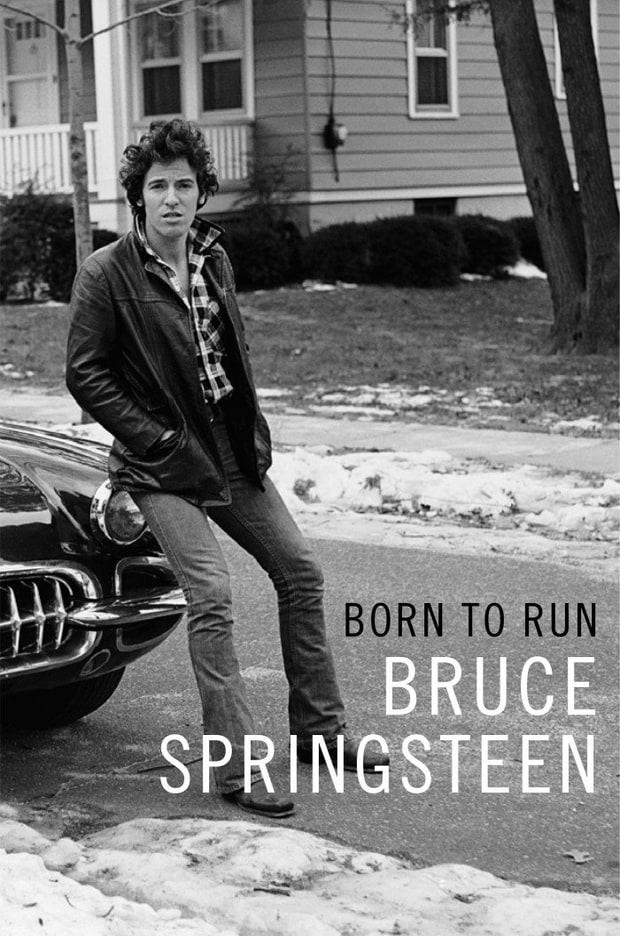Bruce Springsteen autobiography Born to Run, review: The Boss pulls us into his life with the panache of a thriller writer
Springsteen is honest about his family life, his relationships with the E-Street Band and his music

Your support helps us to tell the story
From reproductive rights to climate change to Big Tech, The Independent is on the ground when the story is developing. Whether it's investigating the financials of Elon Musk's pro-Trump PAC or producing our latest documentary, 'The A Word', which shines a light on the American women fighting for reproductive rights, we know how important it is to parse out the facts from the messaging.
At such a critical moment in US history, we need reporters on the ground. Your donation allows us to keep sending journalists to speak to both sides of the story.
The Independent is trusted by Americans across the entire political spectrum. And unlike many other quality news outlets, we choose not to lock Americans out of our reporting and analysis with paywalls. We believe quality journalism should be available to everyone, paid for by those who can afford it.
Your support makes all the difference.“I come from a boardwalk town where almost everything is tinged with a bit of fraud. So am I.” It’s only the foreword, but already Bruce Springsteen is drawing us into his life story with the unforced, straight-ahead panache of a grizzled thriller writer. He was no “race-car-driving rebel”; instead, just a street busker and bar-band player with what he simply and directly calls “a story to tell”.
The air of understatement is tangible – after all, this is a musician whose stories, whose grasp of narrative and place in his songwriting has chronicled the state of the American Dream in the last third of the 20th century and beyond. But this is no three-hour stadium communion in the presence of tens of thousands. Springsteen writes humbly, personally, as though he and the reader are the last two people in the bar and neither are ready to put the cork back in the whiskey just yet. His writing, like his music, is a simple pleasure; yet anyone who has written knows that the smoothest read is often the product of the hardest work.
Revelation is everywhere, but again, it’s of the humane, personal kind, rather than tales of excess and celebrity backslapping (even in later life, singing ‘I Saw Her Standing There’ at the Rock and Roll Hall of Fame with Mick Jagger and George Harrison, this New Jersey boy is starstruck). “Born to Run earned me a Steinway baby grand piano and a 1960 Chevrolet Corvette,’” he writes. “There wouldn’t be much else but bills...” Having been jobbing musicians all their lives, the band had never paid a penny in taxes, and their newfound fame meant they were suddenly stung for them all. Or rather, Springsteen was.

This lack of opulent, immediate fame rooted him, somehow, and the recording of his next record, the epic Darkness on the Edge of Town reconnected him with the country songs of his childhood and the struggle of his working class parents; both their own personal issues and the political forces which kept them down. “Finally, the piece of me that lived in the working-class neighbourhoods of my hometown was an essential and permanent part of who I was,” he writes. “My music would be a music of identity, a search for meaning and the future.”
It’s some years until his life catches up with the clarity of his music. On a moonlit drive in the early 1980s, between the recording of Nebraska and his stadium breakthrough Born in the USA, the depression which he has lived with all his life would break through; an ‘event’, he calls it. “Now the bill collector is knocking, and his payment’ll be in tears.” His manager Jon Landau advises him to seek professional help; two days later he walks into a therapist’s office, and “so began 30 years of one of the biggest adventures of my life ... not a song, not a performance, not a story, but a life”.
He’s honest about his family life, his relationships with the E Street Band, his music (Wrecking Ball, his charged reply to the excesses of Wall Street in 2008, was met with modest fanfare; “I was sure I still had it. I still think I do and did,” he frets). Poignantly, the late E Street sax player Clarence Clemons is a gentle giant with big fighting fists, fending off parking-lot racist abuse from supposed friends with hurt confusion, a rock removed from Springsteen’s life when he goes. The singer has had a life like no other, but his is a story that – like his music – speaks to us all.
Born to Run by Bruce Springsteen (Simon & Schuster, £20)
Join our commenting forum
Join thought-provoking conversations, follow other Independent readers and see their replies
Comments